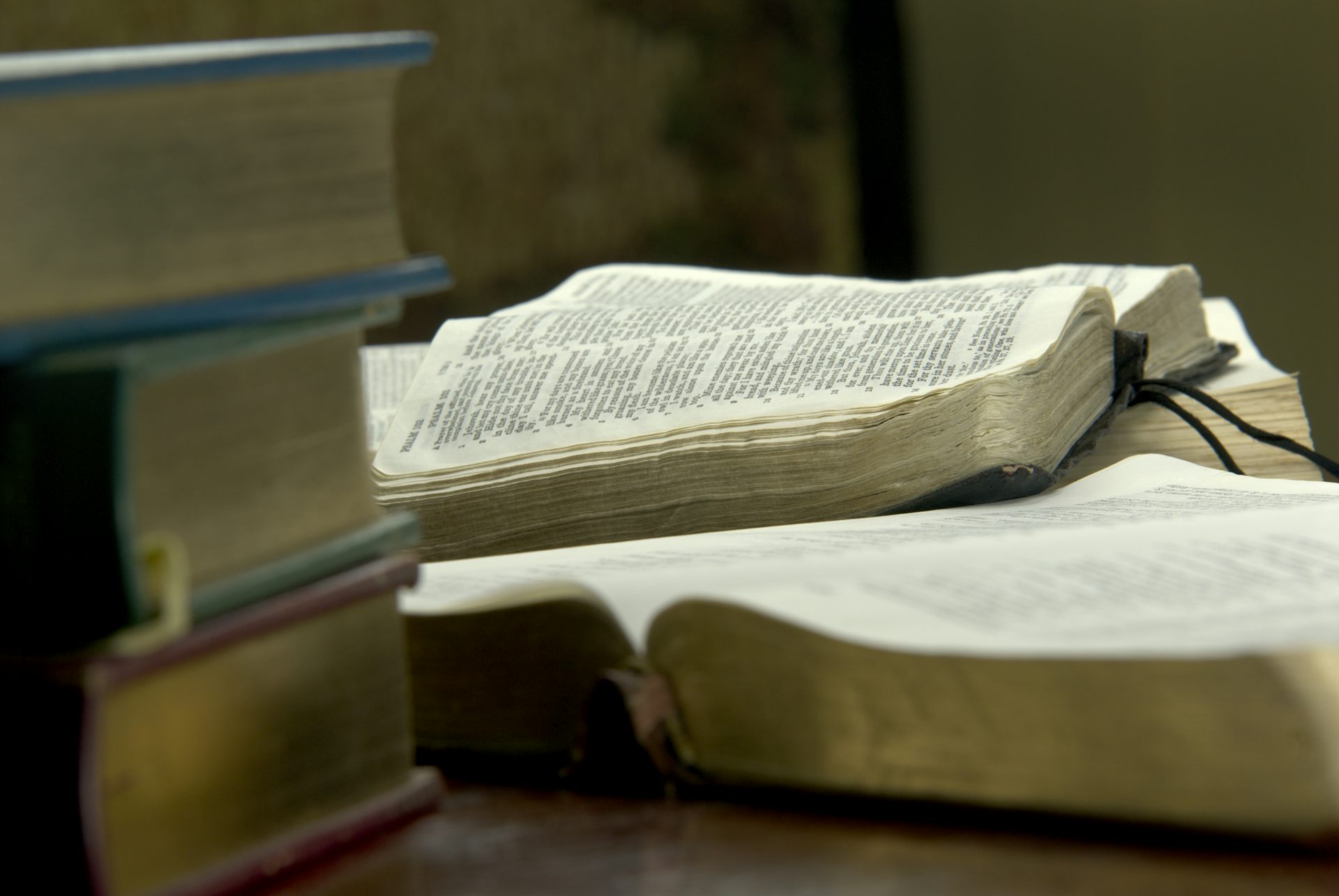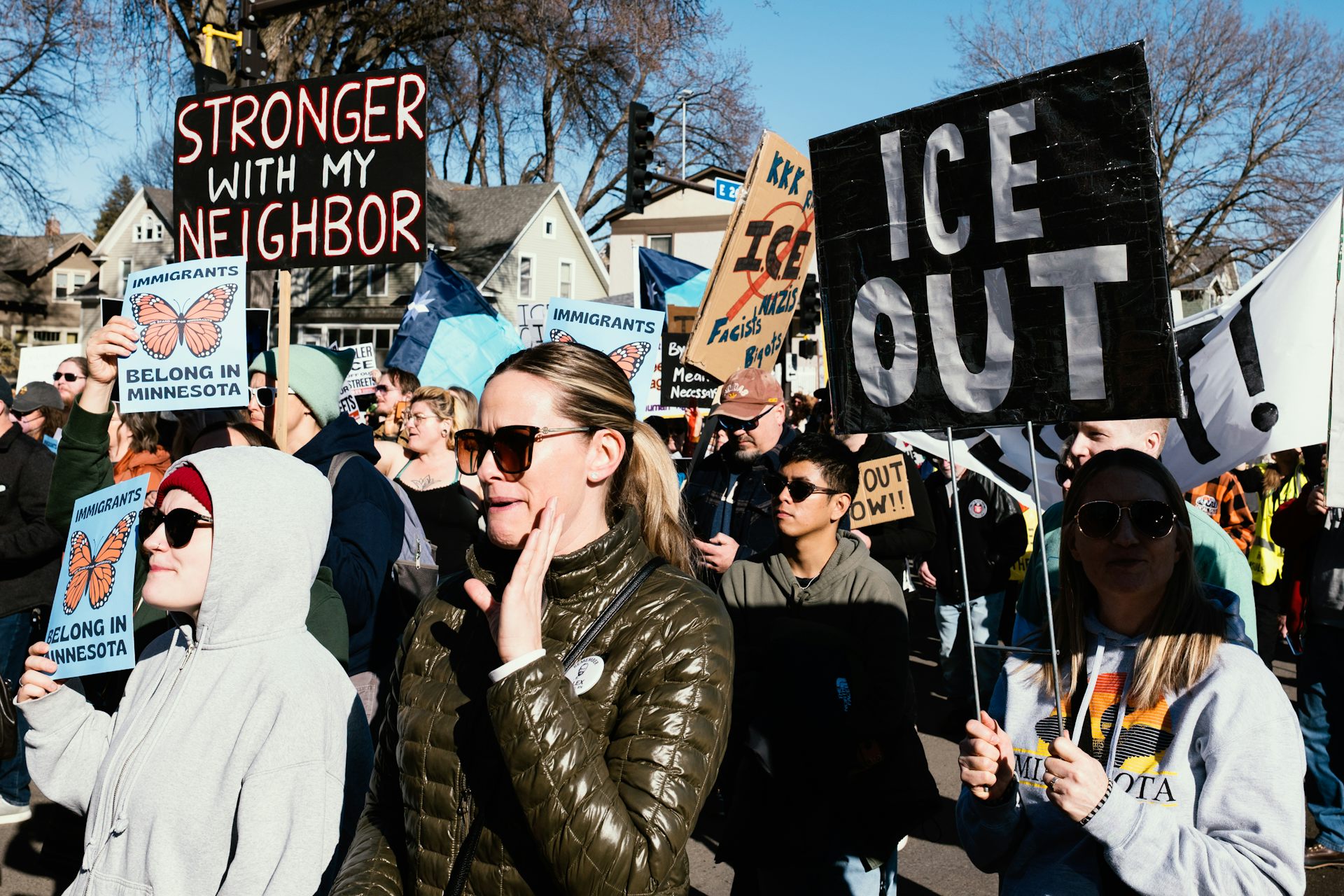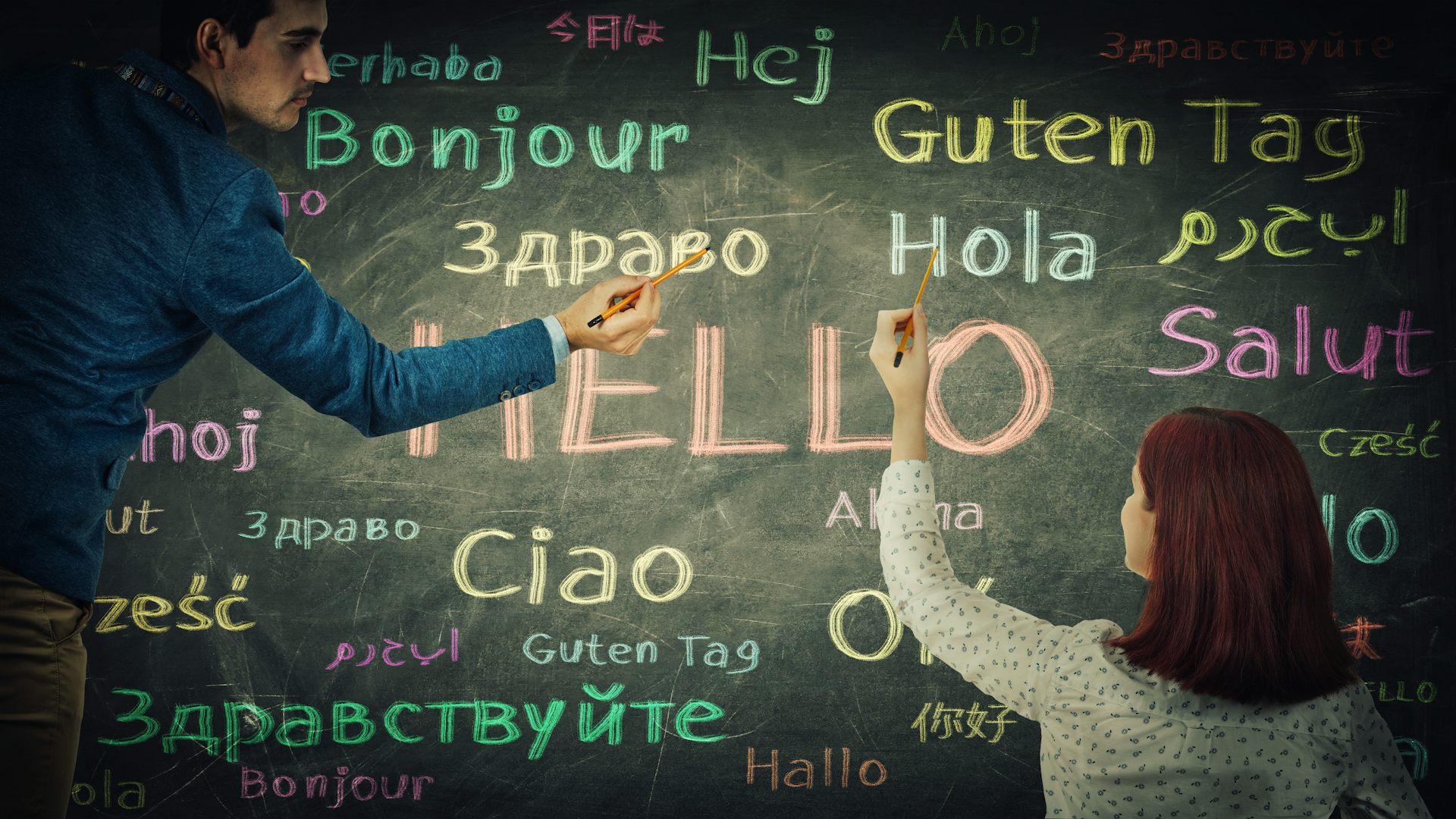Making music during a pandemic – a composer reflects on his experience
A composer and performer talks about the impact of the pandemic on classical music performances and his experience composing in isolation.
Scott Wheeler is a composer who teaches at Emerson College. In an interview with The Conversation, he explains how classical musicians are adapting to performing when performance venues are closed and discusses his experience composing his sonata “Isolation Rag” during lockdown.
What kind of situation are classical music organizations in?
The damage to classical music organizations is very real, and it’s hardest on the most vulnerable, but the music itself seems to be surviving in various ways. Sometimes bad times make the people who have been running things question whether they really know what they’re doing. Certainly everyone has to rethink how to go about making classical music happen.
Are classical musicians able to perform during the pandemic?
Mostly online. Every orchestra, opera company, chamber group and soloist is performing from their homes, or socially distanced in studios or concert halls. Some are even performing somehow in public, usually outdoors, but generally making that available online too. If you go to the websites of your favorite musicians you’ll see all sorts of offerings.
But the problem is that people have been listening to recordings online for years now, basically for free. The classical music audience might be small but it’s passionate, and it knows where to find its favorite music played by its favorite performers on streaming services or other online versions of CD releases. So if a listener can’t go to a concert, why wouldn’t they just play a recording?
In general the situation is grim. I know plenty of musicians worrying about rent, contemplating nonmusical careers, spending less, drinking more.
Is there anything good coming out of the situation?
Well, to me as a composer, the silver lining is that we’re being spared the endless concert celebrations of Beethoven that were planned for his 250th birthday year. That was pretty much a marketing gimmick from the least imaginative classical performers, since pretty much every season is a Beethoven season. Don’t get me wrong — he’s an amazing composer! But if somehow his work could only be performed by dedicated artists working in conservatories giving free concerts, that would be the best thing that could happen to his music.
How have you been working during the pandemic?
During the lockdown period, I wrote a ragtime piece called “Isolation Rag” for violinist Gil Shaham. It’s intended for concert performance, but the pandemic inspired it, and of course the main way people have heard it is online.
My own last live concert of 2020 was with Gil and his pianist Akira Eguchi in early March in Los Alamos. The next week, everything was shut down. Nobody was going anywhere, no more concerts.
While stuck at home working on other commissions, a wistful little ragtime tune came into my head, probably inspired by [William Bolcom’s “Graceful Ghost]https://www.youtube.com/watch?v=-jftAt4mXFk),” which Gil and Akira had played as an encore in that last concert. I called it “Isolation Rag”; it includes a couple little quotes from the Mendelssohn Violin Concerto and one from the Brahms Violin Concerto. So the result is a bittersweet portrait of a solo violinist playing for himself in his apartment, missing his orchestra.
For a listener who misses classical concerts, what are the options these days?
There are some wonderfully engineered ways for people to perform together when they are in different locations, pieces being imagined for video and other electronic forms.
There are a number of websites that have listings, such as Musical America’s “Free Guide to (mostly) Free Streams.” Dreamstage and Open Space Music both take the approach that the concert is only streamed live, not archived. Both these also charge a modest ticket price, making it a little more like a non-pandemic concert experience.
It’s also a great time to catch up on the recordings being released now, recorded before the pandemic, of course. If you love concert music and don’t feel much need to add to your collection of Beethoven symphonies, I’d especially recommend a label like BMOP Sound, which has terrific performances of new music ranging from traditional to avant garde. Only a fraction of this music turns up in Boston’s Symphony Hall or Lincoln Center, but I think it will make you realize that even if concert life is snuffed out for now, classical music itself has plenty of life left in it.
[Deep knowledge, daily. Sign up for The Conversation’s newsletter.]
Scott Wheeler does not work for, consult, own shares in or receive funding from any company or organisation that would benefit from this article, and has disclosed no relevant affiliations beyond their academic appointment.
Read These Next
Will AI accelerate or undermine the way humans have always innovated?
An anthropologist’s new book lays out the formula for human innovation, from stone tools to supercomputers.…
How natural hydrogen, hiding deep in the Earth, could serve as a new energy source
Hydrogen demand around the world is projected to grow significantly by 2050. Some of that supply could…
The apocrypha, Christianity’s ‘hidden’ texts, may not be in the Bible – but they have shaped traditi
‘Apocrypha’ means ‘hidden’ in Greek, but it is often used to describe texts that are outside…






